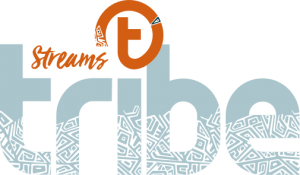Streams Academy
Phase 2, Module 3
DIPLOMA: Academy Phase 2: Module 3: Inner Healing & Deliverance
What are demons and where did they come from? Can a Christian have a demon? Does your family’s history affect your life today? In this module, you will discover answers to these questions as well as how to recognize and remove strongholds. You will be equipped to minister inner healing and deliverance, discerning strategies that keep you and others in patterns of defeat, and learn how to remove those hindrances so that we can walk in the “abundant life” Jesus promised us.
This course is part of Streams Academy, an online group intensive.
Join passionate believers for training and live mentoring in an exploration of timeless truths to enhance and awaken your spiritual intentions.
Join passionate believers for training and live mentoring in an exploration of timeless truths to enhance and awaken your spiritual intentions.
Course Details
No items found
Sep 1 – Aug 31
Enroll by: Sep 1
month access





